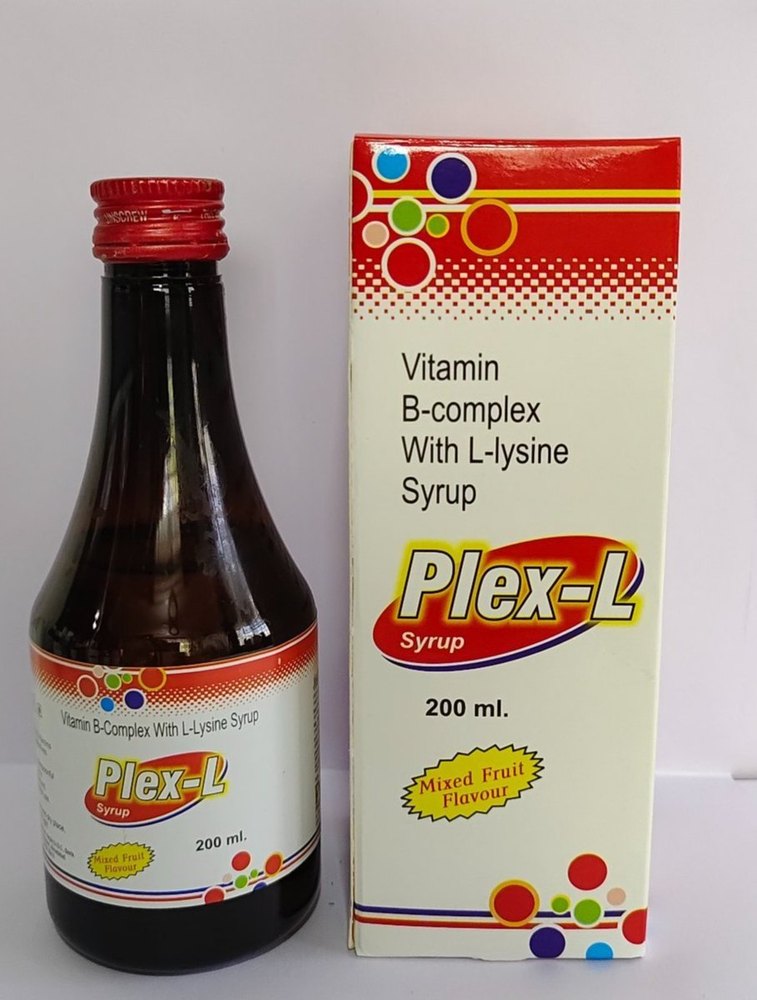Description
Valparin 200 Tablet: Uses, Dosage, and Important Information
Valparin 200 Tablet, which contains sodium valproate (valproic acid), is a medication primarily used to manage various types of epilepsy. Your doctor may also prescribe it for other conditions.
What is Valparin 200 Tablet Used For?
Valparin 200 Tablet is used to treat:
- Epilepsy:
- Partial seizures: Both simple and complex types.
- Generalized seizures: Including absence seizures (petit mal), tonic-clonic seizures (grand mal), myoclonic seizures, atonic seizures, and mixed seizure types.
- Migraine: For preventing migraine headaches (it’s not used to treat an acute migraine attack).
- Bipolar Disorder: Specifically for the treatment of manic episodes associated with bipolar disorder.
- Other conditions (your doctor will advise if appropriate):
- Anxiety disorder
- Post-traumatic stress disorder (PTSD)
- Febrile convulsions
- Anorexia nervosa
- Panic attacks
How to Take Valparin 200 Tablet
Your doctor will determine your specific dose, which will be adjusted based on your response to the medication.
Adult Dosage
- Complex Partial Seizures (alone or with other seizure types):
- Starting Dose: 10-15 mg per kg of body weight per day.
- Adjustment: Your doctor may increase the dose by 5-10 mg/kg/day weekly, up to a maximum of 60 mg/kg/day.
- Simple & Complex Absence Seizures (alone or with other seizure types):
- Starting Dose: 15 mg per kg of body weight per day, divided into doses every 6-12 hours.
- Adjustment: Your doctor may increase the dose by 5-10 mg/kg/day weekly, up to a maximum of 60 mg/kg/day.
- Migraine Prevention:
- Typical Dose: 250 mg twice daily.
- Adjustment: Your doctor will adjust the dose based on your clinical response, but do not exceed 1000 mg per day.
- Bipolar Mania:
- Typical Dose: 750 mg per day in divided doses.
- Adjustment: Your doctor will adjust the dose as quickly as possible to achieve the desired effect, not to exceed 60 mg/kg/day.
Use in Children
- Under 10 years: The safety and effectiveness of Valparin 200 Tablet have not been established for children under 10 years old.
- Complex Partial Seizures (10 years and older):
- Starting Dose: 10-15 mg per kg of body weight per day.
- Adjustment: Your doctor may increase the dose by 5-10 mg/kg/day weekly, up to a maximum of 60 mg/kg/day.
- Simple & Complex Absence Seizures (10 years and older):
- Typical Dose: 250 mg twice daily.
- Adjustment: Your doctor will adjust the dose based on your clinical response, up to a maximum of 1000 mg per day.
Important Dosing Considerations
- Liver Problems: If you have hepatic impairment (liver problems), your doctor will prescribe lower doses. Valparin 200 Tablet is contraindicated (should not be used) if you have severe liver impairment.
- Kidney Problems: No dose adjustment is typically needed for kidney impairment.
- Administration: Taking Valparin 200 Tablet with meals can help reduce stomach upset. Starting with a low dose and using enteric-coated formulations can also help with gastrointestinal side effects.
When Not to Take Valparin 200 Tablet (Contraindications)
Do not take Valparin 200 Tablet if you have:
- A pre-existing or family history of liver dysfunction or active liver disease.
- Porphyria (a rare inherited blood disorder).
- Mitochondrial disorders or urea cycle disorders.
- Severe hepatic impairment.
- Are pregnant.
Important Precautions and Warnings
- Liver Toxicity: There’s an increased risk of liver damage, especially in children under 2 years old, or those with congenital metabolic disorders, organic brain disease, or severe seizure disorders.
- Monitor for Side Effects:
- Excessive sleepiness, decreased food or fluid intake: Your doctor may decrease your dose or stop the medication if these occur.
- Hyperammonemic encephalopathy: If you experience unexplained lethargy, vomiting, or changes in mental status, your doctor will check your ammonia levels.
- Pancreatitis: Seek immediate medical attention if you have signs of pancreatitis (severe abdominal pain, nausea, vomiting, and loss of appetite).
- Blood and Liver Monitoring: Your doctor will monitor your liver function before and during the first 6 months of therapy. They will also monitor your blood cell count (including platelets), bleeding time, and coagulation tests before starting therapy or surgery, and if you experience spontaneous bruising or bleeding.
- Mental Health Changes: Your doctor will monitor for atypical behaviors, including suicidal thoughts and behavior, during and after therapy.
- Gradual Withdrawal: Do not stop taking Valparin 200 Tablet suddenly. Your doctor will gradually reduce your dose or help you transition to another medication if needed.
- Bone Health: If you are immobilized or have insufficient sun exposure or calcium intake, your doctor may recommend vitamin supplementation.
- Infections: Use with caution if you have HIV or cytomegalovirus (CMV) infection, or Systemic Lupus Erythematosus (SLE).
- Lactation: Discuss with your doctor if you are breastfeeding.
Potential Side Effects
Like all medications, Valparin 200 Tablet can cause side effects.
Very Common (More than 10% of people)
- Nausea
- Headache
- Increased bleeding time, low platelet count (thrombocytopenia)
- Tremor
- Hair loss (alopecia)
- Weakness (asthenia)
- Infection
- Drowsiness (somnolence)
- Blurred vision (amblyopia), double vision (diplopia)
- Diarrhea, indigestion (dyspepsia), vomiting
- Dizziness, nystagmus (involuntary eye movements), tinnitus (ringing in ears)
Common (1% to 10% of people)
- Lack of coordination (ataxia)
- Increased appetite
- Rash
- Abdominal pain
- Back pain
- Mood changes, anxiety, confusion
- Abnormal gait (walking)
- Numbness or tingling (paresthesia)
- Hallucinations, catatonia
- Difficulty speaking (dysarthria), tardive dyskinesia (involuntary movements)
- Vertigo
- Irregular menstrual periods
- Weight gain
Other Potential Side Effects (Frequency Not Defined)
- Anorexia (loss of appetite)
- Acute pancreatitis (inflammation of the pancreas, which can be life-threatening)
- Liver toxicity
- High ammonia levels in the blood (hyperammonemia)
- Weight loss
- Fractures, osteoporosis, osteopenia, decreased bone mineral density
- Cerebral pseudoatrophy (brain changes)
How Valparin 200 Tablet Works (Mechanism of Action)
Valproate works by increasing the levels of a natural calming chemical in the brain called gamma-aminobutyric acid (GABA). This helps to reduce abnormal electrical activity in the brain that can lead to seizures.
Drug Interactions
Valparin 200 Tablet can interact with other medications, affecting how they work or increasing the risk of side effects. It’s crucial to tell your doctor about all medications you are taking, including over-the-counter drugs and herbal supplements.
Increased Risk of Toxicity/Side Effects with:
- Bupropion (increased toxicity risk)
- Mefloquine (increased risk of convulsions)
- Pivmecillinam and pivampicillin (increased risk of carnitine deficiency)
- Carbamazepine (increased risk of liver toxicity and carbamazepine toxicity, with a decrease in valproic acid levels)
- Felbamate and aspirin (increased valproic acid levels)
- Olanzapine (increased risk of liver toxicity)
- Phenobarbital, nimodipine, nifedipine, lamotrigine, zidovudine, amitriptyline, nortriptyline, and benzodiazepines (increased levels of these drugs when used concurrently)
- Clonazepam (increased risk of absence status epilepticus)
- Topiramate (increased risk of hyperammonaemia)
- Highly protein-bound drugs (increased free valproic acid concentrations)
Decreased Valproic Acid Levels with:
- Carbapenems (antibiotics – concomitant use is not recommended and can be potentially fatal)
- Rifampicin
- Phenytoin
- Phenobarbital (or primidone)
- Antineoplastic drug regimens (certain anti-cancer drugs)
- Ethosuximide (decreased valproic acid levels, increased ethosuximide serum levels)
Potentially Fatal Interactions / Avoid if Possible:
- Concomitant Carbapenems: Not recommended as this may dangerously decrease valproate levels.
- Salicylates (e.g., aspirin): Avoid concurrent use in children under 3 years due to a significant risk of liver toxicity.
- Cosyntropin: Increased risk of liver toxicity.
- Ethanol (alcohol): Avoid, as it may increase central nervous system depression.
Please Note: This information is for general understanding and is not a substitute for professional medical advice. Always consult your doctor or pharmacist for personalized guidance regarding your medication. Valparin 200 Tablet is manufactured by Sanofi India Ltd. and is available in Nepal.
Additional information
| form | Oral Tablets |
|---|






Reviews
There are no reviews yet.